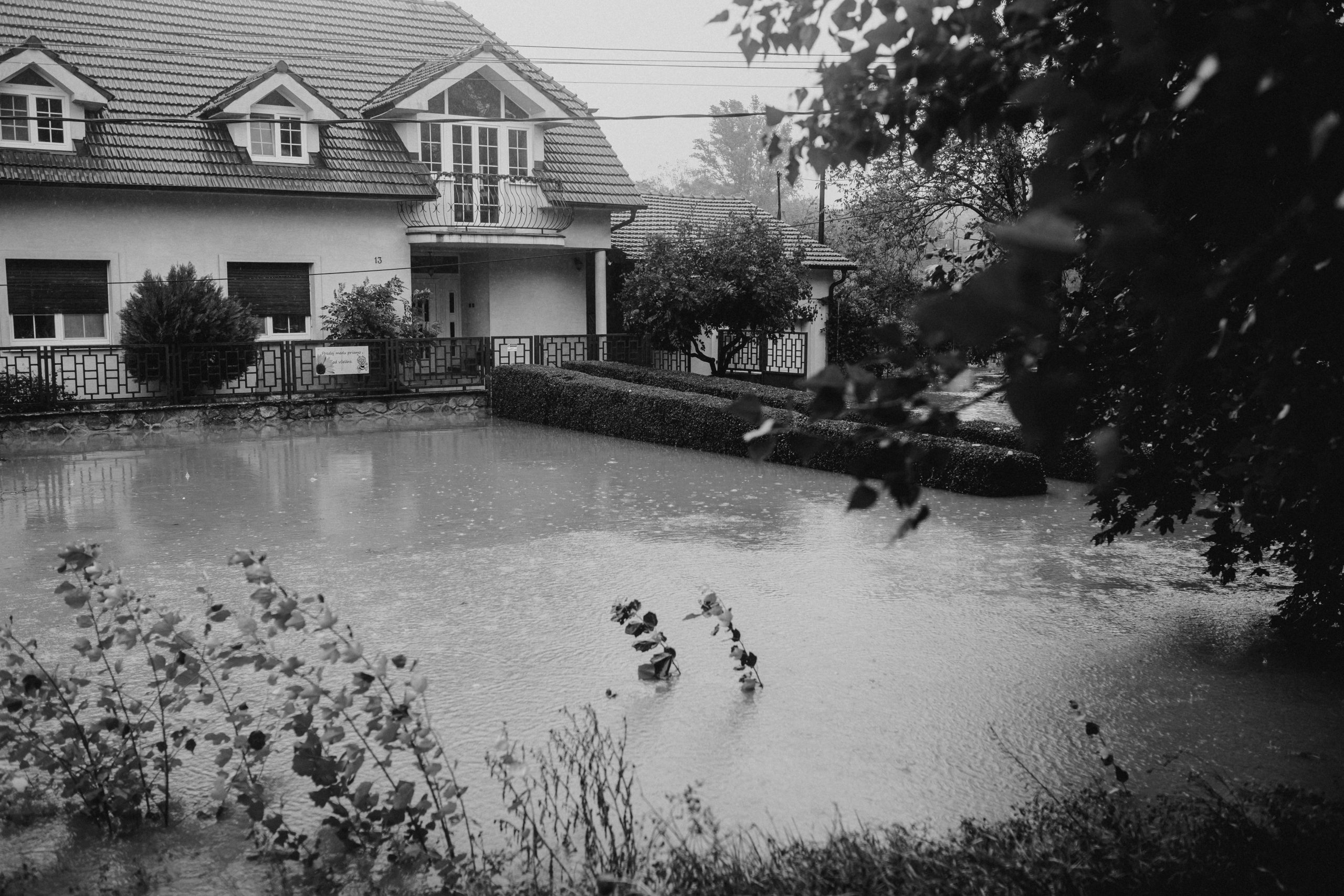Title: Navigating Insurance Disputes When Trees Fall: What Homeowners Need to Know
If you’ve recently experienced a tree falling on your property, you’re likely to encounter a complex process when seeking insurance coverage. For many homeowners, understanding the nuances between different insurances and expert opinions can be confusing, especially when claims are denied unexpectedly.
A recent situation illustrates these challenges: a tree toppled onto a shed on a homeowner’s property. An accredited local arborist assessed the incident and attributed the fall to a combination of wind and rain. However, the insurance company disputed this diagnosis, claiming the cause was solely due to rain and consequently denying the claim.
Such discrepancies raise important questions. Is it common for insurance providers to base denial solely on cause assessments that differ from professional arborists? Is it typical for an insurance representative or claims adjuster to visit the property before making a decision?
In many cases, insurance companies may rely on their own assessments or predefined policy exclusions, which can sometimes conflict with expert opinions. Homeowners facing similar disputes should consider a few steps:
-
Obtain a Detailed Expert Report: Having an independent arborist or engineer evaluate the incident can provide crucial evidence supporting your case.
-
Review Your Insurance Policy: Carefully examine the terms, especially regarding covered perils. Understand whether wind, rain, or other factors are included and how they are defined.
-
Engage in Direct Communication: Reach out to your insurer for clarification and request documentation detailing their reasoning. Sometimes, misunderstandings can be resolved through dialogue.
-
Appeal the Decision: Most insurance companies have an appeals process. Presenting additional evidence and seeking further review can sometimes overturn initial denials.
-
Seek External Assistance: If disputes persist, consulting with a legal expert or filing a complaint with your state’s insurance regulator can help enforce your rights.
Remember, insurance claims involve complex evaluations that balance policy language, expert opinions, and the specifics of each case. Being informed, organized, and proactive can significantly improve your chances of a favorable resolution.
If you find yourself in a similar situation, don’t hesitate to seek professional guidance and explore all available avenues to ensure your claim is fairly considered.



